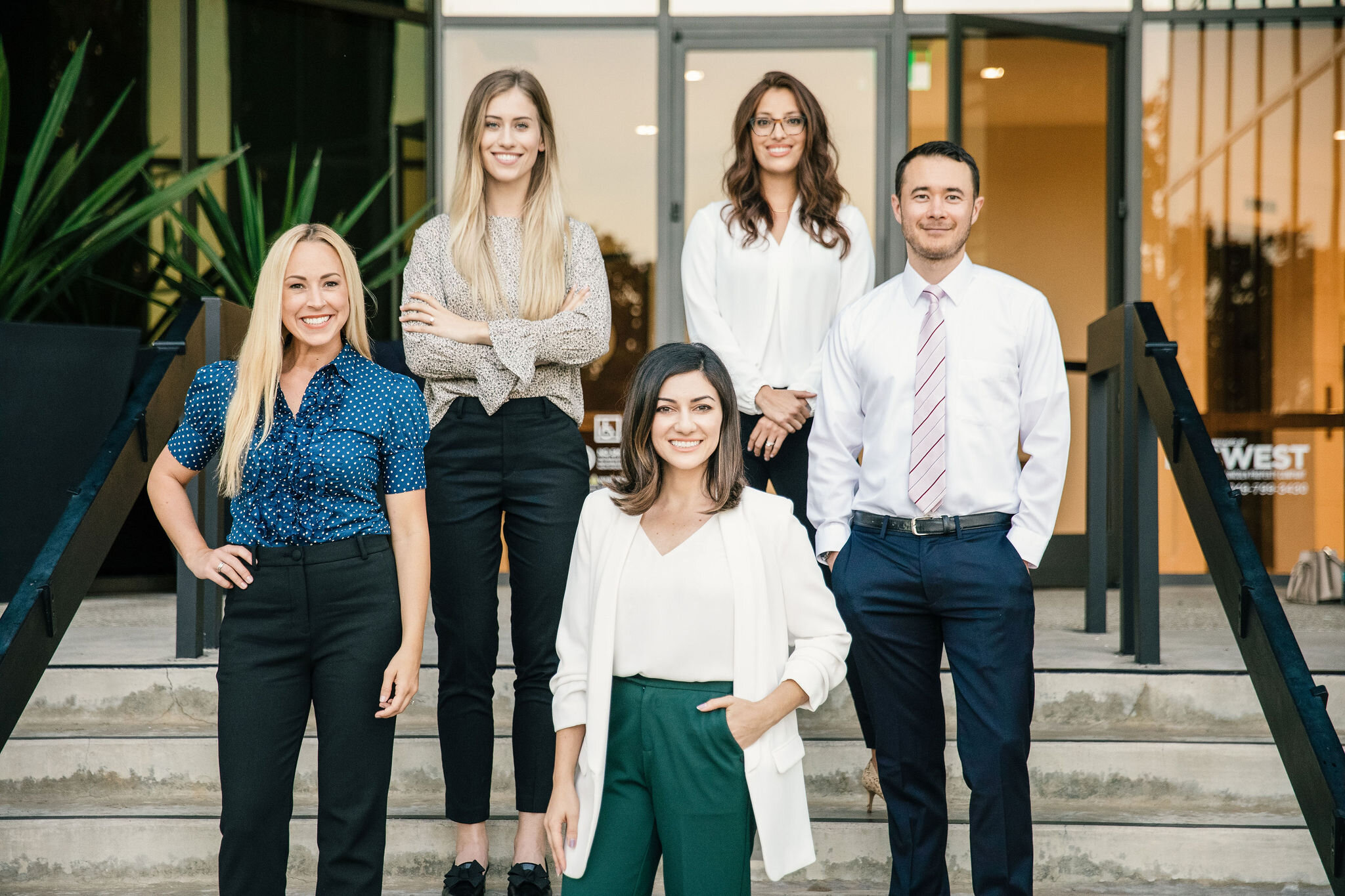Sheva Rajaee: Anxiety and OCD Specialist
Sheva Rajaee is an anxiety and OCD specialist and says that like so many people in her field, her journey to get to where she is in her career started with a lot of her own personal pain and the magic of an excellent therapist who she met as a freshman at UCLA. “Through our work together I realized how good therapy can quite literally change your life and shine a game-changing perspective on our limiting views of the world and of ourselves.” After being unsatisfied in the working world of advertising and marketing, she felt a calling towards mental health work and advocacy and started graduate school in psychology at USC. “Almost instantly, I fell in love with understanding more about humanity, what drives us and how we change, and the incredible power of the therapeutic relationship in facilitating growth.” After graduation she went on to specialize in the treatment of anxiety disorders and OCD in Los Angeles before moving on to open her own practice.
Sheva’s experience with therapy has been transformative, and says that it was heartbreaking for her to see that for many others, therapy was stigmatized and looked upon both by themselves and by society as something we seek when we are ‘sick’ or ‘weak.’ “Added to this was the incredible lack of awareness and knowledge around OCD, with the average time it takes for someone to receive the proper treatment ranging between 7-9 years. I knew from my own experience both personally and professionally that I wanted to open not only an anxiety center, but a place to change the conversation around mental health and wellness. I see therapy as a core tenet of lifestyle, the way someone would openly seek out a personal trainer or a nutritionist.” She believes that in our increasingly chaotic and disconnected world, therapists function as meaning makers and healers and are essential to overall well-being. “When I envisioned CAOCD, I envisioned a place that was modern not stuffy, that felt like a place you would want to visit and you wouldn’t be afraid to tell others about.” She envisioned a center where evidence-based practices blend with compassionate, engaging clinical work and for lack of a better way to put it, where therapy feels cool.
When it comes to what her favorite part of her job is, Sheva says that hands down the best part of her job is the relationships with her clients and with her staff. “The connection that I am privileged to create with them and the journey of growth we go on together is a constant source of inspiration and joy in my life, and I consider myself incredibly blessed. In particular, working with individuals with anxiety disorders means I get to work with some of the most intelligent, sensitive and philosophically minded individuals and that makes every single day a learning experience for me. Some of the best conversations I have all week are with my clients.”
The most challenging part of her work lies in the management of herself as clinician and as the instrument of the work. “As therapists, we quite literally use ourselves to be able to connect to our clients and to hold their emotions and fears while helping reflect back and make meaning. Some days this is easier than others, especially when my own cup is full. Taking care of myself so that I can be there for my clients takes regular practice and work and sometimes when the world is on fire (as it is while I write these words), it can be a lot to manage at once.”
The advice Sheva would give someone who struggles with OCD and anxiety would be to remind them that they cannot control their thoughts and feelings, only their actions, and that the goal can never be to eliminate anxiety or intrusive thinking, only to create a more tolerant relationship to these unwanted experiences.
At COACD, they offer evidence-based treatment approaches proven to help anxiety and OCD, including Cognitive Behavioral Therapy (CBT), Acceptance and Commitment Therapy (ACT), and Exposure and Response Prevention (ERP). “We work with our clients to identify their fears and progress in a systematic and gentle manner to orient them not away from their fears, which only reinforces them, but towards their fears. We walk with our clients gently towards these fears and work to restructure their anxiety as they face them. Research has shown that with the proper treatment, anxiety and OCD symptoms can decrease significantly and the prognosis for recovery is exceptionally positive. I have seen countless examples in my work of clients who face their fears and go on to live freely.”
When picturing her life in five years, Sheva would be thrilled to be able to look back and see that she has been able to work with more incredible people and walk alongside them as they learn to manage their anxiety and OCD. “I would be proud to have trained competent and compassionate clinicians capable of recognizing and gently working with clients who are suffering. I would love for CAOCD to continue to become a place where stigma is challenged and excellent quality of care is given to our community. I would hope to be even further along in my own personal journey not only as a clinician, but as a human being learning to live with all that it means to be alive.”



